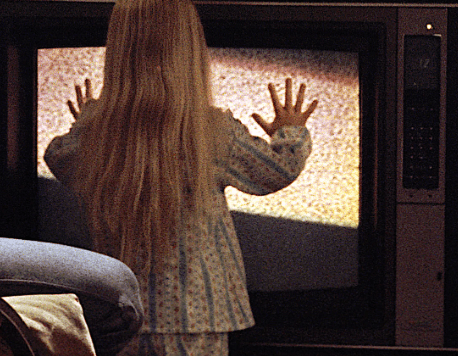Introduction: Unveiling the Controversy
“Poltergeist,” directed by Tobe Hooper and produced by Steven Spielberg, is a classic horror film that continues to captivate audiences decades after its release. However, behind its chilling narrative lies a controversial allegation: the use of real skeletons as props in certain scenes.
The Background of “Poltergeist”
Released in 1982, “Poltergeist” follows the haunting experiences of the Freeling family after moving into a new suburban home. The film blends supernatural elements with family drama, earning critical acclaim and commercial success upon its release.
The Allegation of Real Skeletons
Rumors have long circulated that real human skeletons were used during the filming of “Poltergeist,” particularly in the memorable pool scene where skeletal remains emerge from the ground. These allegations have sparked debate and raised ethical concerns within the film industry.
Investigating the Claims
Despite the persistent rumors, concrete evidence to support the use of real skeletons in “Poltergeist” remains elusive. While some crew members and cast members have attested to the presence of authentic bones on set, others have dismissed these claims as unfounded rumors.
The Ethical Debate
The alleged use of real skeletons in “Poltergeist” raises ethical questions about the treatment of human remains in the film industry. Even if the skeletons were obtained legally, some argue that their use without proper respect and consent is morally questionable.
Similar Instances in the Film Industry
The controversy surrounding “Poltergeist” is not unique in the history of cinema. Numerous films have faced scrutiny over the use of real or unethical props, highlighting broader issues of accountability and responsibility within the entertainment industry.
The Impact on the Film’s Legacy
Despite the controversy, “Poltergeist” remains a beloved classic among horror enthusiasts. While the allegations may tarnish the film’s reputation for some viewers, others choose to separate the art from the circumstances of its production.
Lessons Learned and Ethical Considerations
The debate surrounding “Poltergeist” serves as a reminder of the importance of ethical conduct in filmmaking. While artistic vision and creative expression are paramount, they should never come at the expense of human dignity and respect.
Conclusion: Navigating the Complexity
In conclusion, the controversy surrounding the alleged use of real skeletons in “Poltergeist” underscores the complexities of filmmaking and the ethical dilemmas it can entail. As audiences continue to revisit this iconic film, it serves as a reminder of the importance of ethical awareness and accountability in the entertainment industry.
FAQs About “Poltergeist” and the Alleged Use of Real Skeletons
- Was the use of real skeletons in “Poltergeist” confirmed by the filmmakers? No conclusive evidence has emerged to confirm or refute the allegations. While some involved in the production have acknowledged the rumors, no definitive proof has been provided.
- Why would filmmakers choose to use real skeletons instead of artificial props? The alleged use of real skeletons may have been motivated by a desire for authenticity or budgetary constraints. However, such practices raise ethical concerns and have since become less common in the industry.
- Have similar controversies arisen in other films? Yes, several other films have faced allegations of unethical prop use, including the 1932 horror film “Freaks” and the 1979 war epic “Apocalypse Now.”
- What measures are in place to ensure ethical conduct on film sets today? Film industry standards and regulations regarding the use of props and human remains have become more stringent over time. Productions are subject to oversight from unions, legal requirements, and ethical guidelines.
- Does the controversy surrounding “Poltergeist” affect its status as a classic horror film? The controversy may impact individual perceptions of the film, but its status as a classic remains largely unchanged. Ultimately, viewers must decide how to reconcile their enjoyment of the film with knowledge of its production history.




